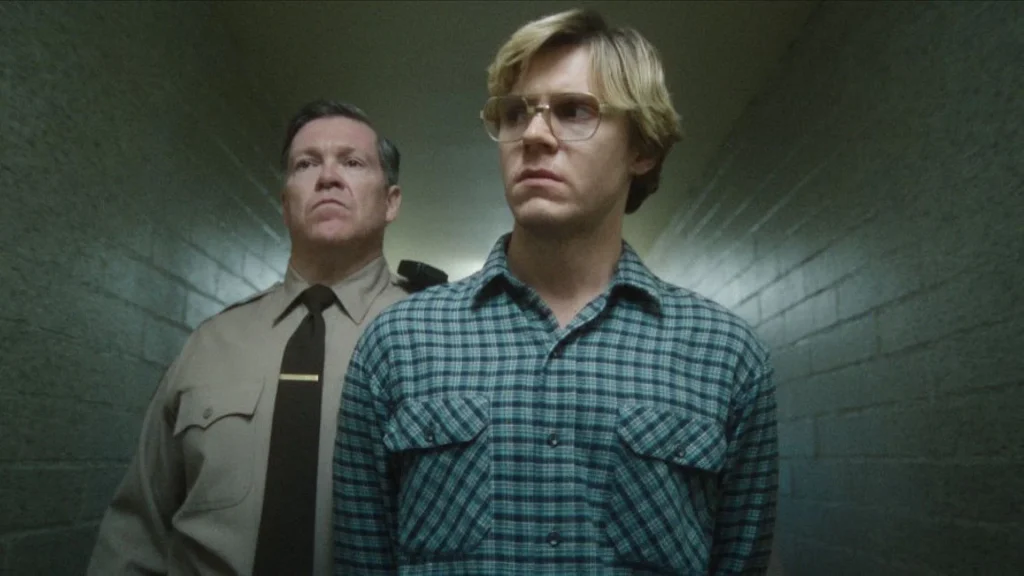A TV drama based on a serial killer has once again made people feel sympathy for a killer, just as Zac Efron’s Ted Bundy obstinately captivated the hearts of millions of deranged admirers across the world. I’m referring to Jeffrey Dahmer’s decade-long string of heinous serial killings in Milwaukee, Wisconsin, as told in the glitzy, Hollywood drama Monster: The Jeffrey Dahmer Story, which recently debuted on Netflix.
In recent years, our fixation with real crime has grown along with the number of serial killers that have been portrayed in podcasts, TV episodes, and movies. For decades, the topic has been the subject of books, high-budget movies (ZODIAC), and even documentaries. However, the advent of “serial murder” as a subject for the digital generation to delve into has introduced more complicated relationships with characters who, both alive and dead, are probably not deserving of the idolatry they receive.
The Dahmer series is only the most recent in a string of adaptations that have rekindled the conversation about how we define killers.
The Jeffrey Dahmer Story covers the Milwaukie killer’s background, trauma, murders, trial, and death in a haphazard manner. We get to know his mother, who suffered with her mental health when he was growing up and fought with prescription drug addiction, as well as his bullies from high school who harassed him. Through his relationships, we discover that he develops an unhealthy attachment style, a trait that highlights the reason behind his murderous tendencies. He is trying to fill the vacuum left by his missing parents by murdering people so that they never go because he feels “lonely,” “misunderstood,” and lonely.
Of course, it is not limited to a single video. On TikTok, if you search “Jeffrey Dahmer,” you’ll find a long list of videos from individuals who sympathise with a man who allegedly kept the skulls and bones of the men he killed in his apartment. These folks are largely young women.
Although some responses confirmed their dislike, others said that the compassion was due to the fact that Evan Peters, one of their favourite actors, was playing the part.
All of this response to the Netflix exclusive was, of course, expected. People virtually asked others to stop romanticising Dahmer as soon as it was aired.
The murderer is shown to be capable of love in one iconic episode when Dahmer and deaf victim Tony Hughes connect in a romantic relationship before Dahmer kills him. But when Hughes attempts to leave him—a well-known childhood scar—he reverts to his former self as “Jeffrey Dahmer, MurdererTM.” Scenes like this help to distinguish between evil and good, a technique that TV dramas about killers have adopted.
But that is a deception; it’s a ruse to humanise their personas. By centring the narrative on the murderer, the victims are reduced to plot devices that further the killer’s character development.
In a press release, co-creators Ryan Murphy and Ian Brennan claimed that their goal was to “showcase the points of view of Dahmer’s victims,” but there is really no proof of that in the finished programme, and several family members have been quoted as saying that they were not informed or briefed about the series’ plans.
